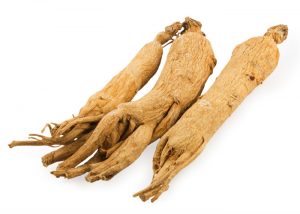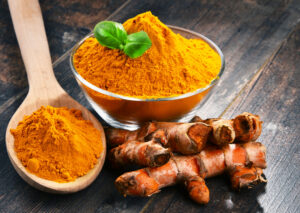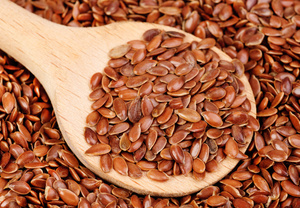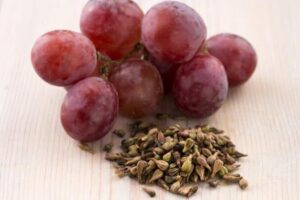NOTE
Information and products presented herein are not intended to diagnose, treat, cure, or prevent disease.
If you have any concerns about your own health, you should always consult with a Doctor or healthcare professional.
Ginseng

Ginseng is an herbal supplement that has been used for centuries in Chinese medicine.
It is commonly touted for its antioxidant and anti-inflammatory effects. It could also help regulate blood sugar levels and have benefits for some cancers.
What’s more, ginseng may strengthen the immune system, enhance brain function, fight fatigue and improve symptoms of erectile dysfunction.
Ginseng can be consumed raw or lightly steamed. It can also easily be added to your diet via its extract, capsule or powder form.
Whether you want to improve a certain condition or simply give your health a boost, ginseng is definitely worth a try.
Echinacea

Some of the earliest people to use echinacea as a medicinal herb were Native Americans. The first archaeological evidence dates back to the 18th century.
Echinacea could be beneficial for:
- Colds
- Immunity
- Bronchitis
- Upper respiratory infections
Things to consider
- It can be tough on the digestive tract and upset the stomach.
- Allergic reactions are possible.
Turmeric

Turmeric has been used as a medicinal herb for 4,000 years. It’s a tentpole of an Indian alternative medicine practice called Ayurveda.
Turmeric could be beneficial for:
- Pain caused by inflammatory diseases, like arthritis
- Preventing cancer
- Stopping DNA mutations
- Several skin diseases
Things to consider:
- When used as a supplement, people tend to take too much, so it can be difficult to trust the dosage and quality. Safety increases when ingested as an herb in cooking or tea.
- Long-term use can potentially cause stomach problems.
- Turmeric has low bioavailability. Consuming with pepper can help your body absorb more of its benefits.
Flax Seed

Flax seeds are one of a handful of plant-based sources for omega-3 fatty acids. Other sources include chia seeds, walnuts, and soybeans.
Flax seed could be beneficial for:
- Decreasing obesity
- Regulating blood pressure
- Preventing colon cancer
- Inflammation
- Hot flashes
Things to consider
- Flax seed can affect estrogen production in women, especially if they have a history of cancer or are pregnant.
- Don’t eat raw or unripe flax seeds, as they can be toxic.
Chamomile

There are two types of chamomile: German chamomile, an annual that thrives in the Midwest, and Roman chamomile, a perennial that attracts pollinators and smells like apples.
Chamomile could be beneficial for:
- Anxiety
- Stress
- Insomnia
- Cancer
Things to consider:
- It can cause allergic reactions. There’ve been reports of anaphylaxis.
- It can interact with blood thinners.
Lavender

Lavender was first brought to Provence, France, by the Romans 2,000 years ago.
Recently, it’s been discovered that lavender carries anti-inflammatory benefits as well. It’s most effective diluted and applied to the skin or used in aromatherapy, and it has few side effects.
Lavender could be beneficial for:
- Anxiety
- Stress
- Blood pressure
- Migraine
Things to consider
- It can cause skin irritation.
- It’s poisonous if taken orally.
- It may disrupt hormones when applied undiluted.
Grapeseed Extract

Grapeseed extract contains the same antioxidants found in wine.
For years, grapeseed extract, which is available via liquid, tablets, or capsules, has been well-established and applauded for its antioxidant activity. It has potent health benefits, including lowering LDL (bad) cholesterol and reducing symptoms of poor circulation in the leg veins.
Grapeseed extract could be beneficial for:
- Cancer
- Lowering LDL (bad) cholesterol
- Leg vein circulation
- Edema
- Blood pressure
Things to consider
- Proceed with caution if you take blood thinners or blood pressure medications, or if you’re about to go in for surgery.
- It may reduce iron absorption.
